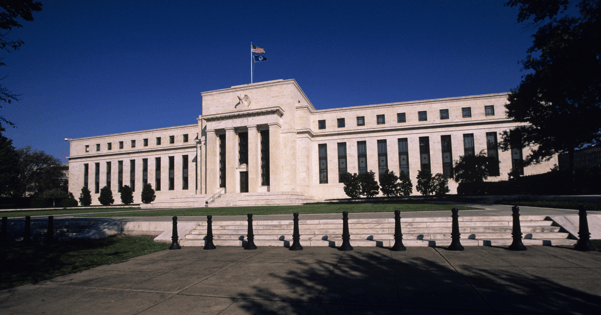Investors retreated from US stocks on Friday, dumping shares held in large technology companies and sending the tech-heavy Nasdaq Composite Index sharply lower.
The Nasdaq closed down 1.9%, as a mixed US jobs report was seen as paving the way for more hawkish monetary policy, which would lead to tighter financial conditions and weigh on corporate valuations. The moves came after the Bureau of Labour Statistics’ report showed the US economy added just 210,000 new jobs last month.
While the economy added fewer jobs last month than the 550,000 jobs forecast by economists, the unemployment rate still fell to its lowest level since the pandemic began. Hence, to the Fed, this was not a weak jobs report.
For investors, the data has left the door open to a faster pace of monetary policy tightening. Federal Reserve Chair, Jay Powell, signalled his support for a quicker wind-down of the central bank’s $120 billion-a-month of bond purchases last Tuesday. The programme has been a crucial pillar for the rally in equities prices since the depths of the coronavirus crisis last year.
Federal Reserve Chair, Jay Powell, said in testimony before the Senate on Tuesday last week that he no longer viewed inflation as “transitory”, and signalled openness to accelerate the pace of the central bank’s unwinding of crisis-era monetary policy.
November’s CPI data, due to be published on Friday, will give the Fed evidence of how quickly inflation is progressing and whether a faster withdrawal of its monthly purchases of government bonds would be warranted. That debate is expected to happen at the central bank’s next policymaking committee meeting on 14 and 15 December 2021.
The November CPI update holds greater potential as an immediate influence on the path of Fed action, although, at the end of the day, expectations hold that the inflation figures will only serve as further justification to wind down QE more quickly. Last month’s CPI data showed that consumer prices had risen at the fastest pace in three decades. Prices in October rose by 6.2% from October the previous year, and 0.9% from the previous month, far outpacing the predicted level of 0.6%. Economists polled by Refinitiv have forecast a 0.7% rise for November.
Rising energy costs were among the biggest drivers of inflation in October, with the CPI energy index rising 4.8% from the previous month. Petrol prices at the pump fell over November, but were nevertheless consistently higher than prices in October, according to the US Energy Information Administration.
Fullerton Markets Research Team
Your Committed Trading Partner











